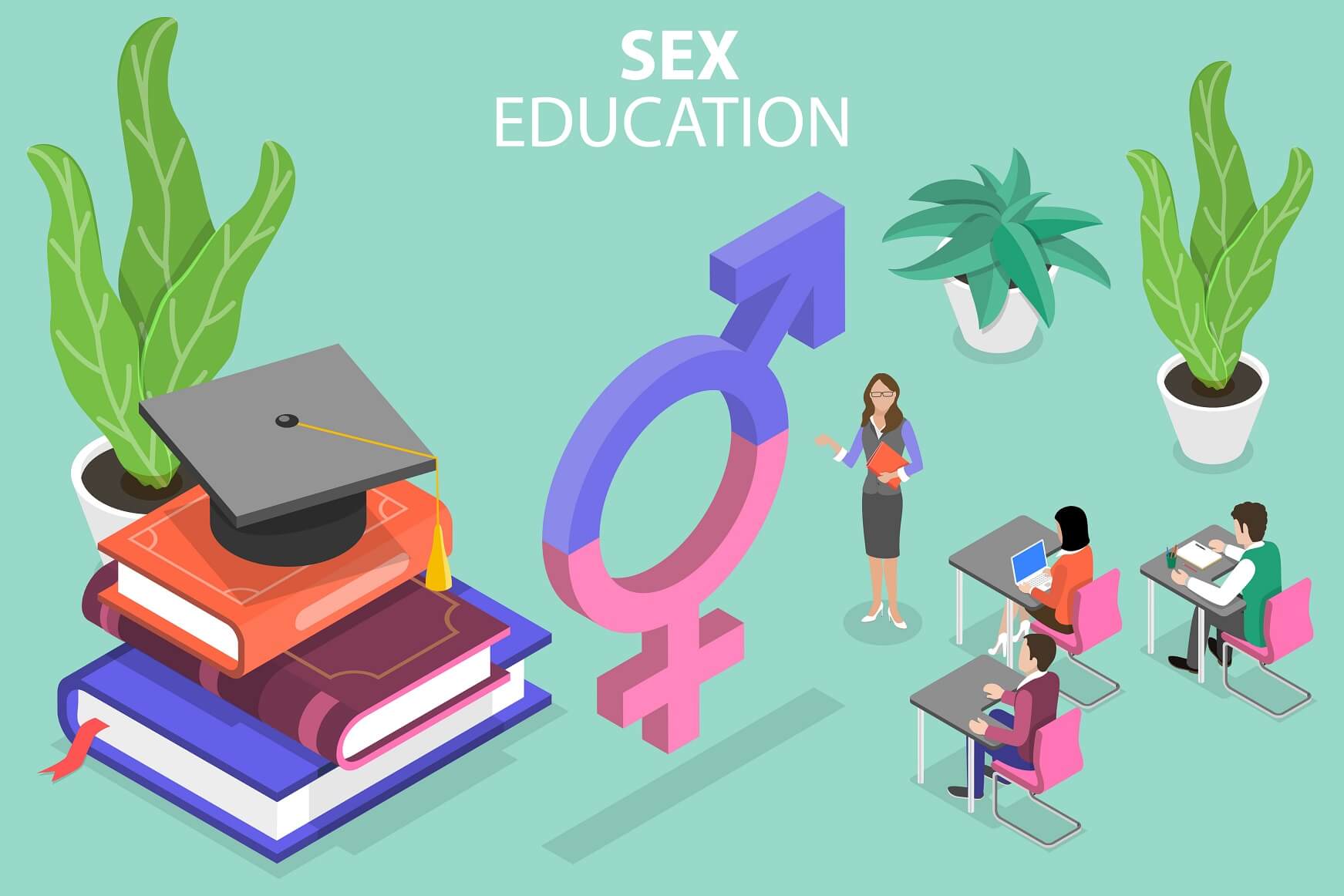The Importance of Sex Education

Sex education is an important part of a young person’s life and should be taught starting at the right age. It helps clear myths and misconceptions about sex and empowers teenagers with facts.
Comprehensive sexuality education, or CSE, is a learner-centred process that teaches about bodies, relationships and love using age appropriate and medically accurate information. It is also inclusive of LGBTI people and respects their rights.
Sex Education in Schools
Sex education is a topic that many people frown upon because they think that it encourages students to engage in activities that are not good for their bodies. However, the truth is that sex education is a necessary step to help children lead healthy lives. They will be able to make decisions about their sexual activity based on factual information that they get from adults that they trust.
Moreover, it will also enable them to avoid risks such as sexually transmitted diseases and unwanted pregnancies. It will also teach them about how to maintain a healthy relationship with others.
Those who support sex education in schools argue that most teens will be sexually active, so they need to be prepared for the risks. They also claim that comprehensive sex education lowers teen pregnancy and STD or STI infection rates. It can also help reduce the taboos and myths about sex and sexuality that persist in society.
Sex Education at the Elementary Level
For kids at the elementary level, comprehensive sex education can address everything from hygiene and self-care to sexual development and puberty. It can include discussions of masturbation as a normal (and private) activity; gender differences and sexual orientation; forms of safe, effective birth control; and pregnancy.
While most schools teach kids about STIs and unintended pregnancies, those lessons barely touch the surface of a vast field of study. In addition to the core subjects, kids need to be educated about sexual health and the value of diversity.
If a school district has an early childhood program, sexual education can begin as early as kindergarten. This allows students to build on the knowledge they’ll receive over the course of their educational career. It’s similar to how they learn math concepts like multiplication over the years, advancing from simple topics to more advanced ones. A fun LGBTQ-inclusive curriculum is Every Body Curious, which uses storytimes, sing-alongs, puppets and more to teach kids about sexuality through a social justice lens.
Sex Education at the Middle School Level
Educators in middle schools have unique access to youth during adolescence, a time when teens explore their identities and begin engaging in risk-taking behaviors (Kar, Choudhury, & Singh, 2015). Proponents of comprehensive sex education claim that it helps to minimize the impact of human immunodeficiency virus, sexually transmitted infections, and unintended pregnancy, as well as promote healthy relationships between adolescents and the important adults in their lives.
However, teachers in this study reported barriers to comfort delivering and receiving sexual health instruction. These included the lack of professional development on these topics, classroom culture, student maturity level, and the ability to engage students in meaningful discussions. Facilitators to comfort were identified as teacher relatability, establishing ground rules, normalizing lesson content, and using the question box. These are also key components of the Get Real Middle School curriculum, an evidence-based sex education program that encourages abstinence from sex and teaches about STI/STD prevention.*
Sex Education at the High School Level
Students deserve high-quality sex education, especially as they navigate relationships and explore their bodies in a world that still struggles with gender bias, early unintended pregnancy, sexually transmitted diseases and infections, and poverty. Without it, they are more likely to fall victim to sexual exploitation and abuse.
While some argue that abstinence-only sex education is enough, this approach ignores the fact that many teens are choosing other options for safe sex, including condom use. In addition, abstinence-only curricula denies adolescents the information they need to make responsible choices about sex, relationships and health.
Some states are starting to move forward with mandates for sex ed that include life skills for healthy communication, avoiding coercion and making informed decisions — like defining consent. However, these new policies are not without opposition from conservative groups. Some argue that the inclusion of these topics encourages sex and risk taking. This, in turn, can lead to negative social norms that could undermine the effectiveness of sex education programs.



